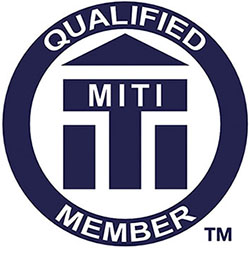What is machine translation?
A few years ago not many people had heard about such a technology. Nowadays, most people have heard of Google Translate, which is one of many free online multilingual machine translation facilities which allow you to translate webpages or text. What they may not be aware of, is that this may jeopardise confidentiality.
Your Content
In the section on Your Content in Our Services of Google terms, it reads “When you upload, submit, store, send or receive content to or through our Services, you give Google (and those we work with) a worldwide license to use, host, store, reproduce, modify, create derivative works (such as those resulting from translations, adaptations or other changes we make so that your content works better with our Services), communicate, publish, publicly perform, publicly display and distribute such content. The rights you grant in this license are for the limited purpose of operating, promoting, and improving our Services, and to develop new ones. This license continues even if you stop using our Services (for example, for a business listing you have added to Google Maps).”
Tempting as this online machine translation technology may be, it is always a good idea to consider how confidential the material is before using it.
This includes the practise of reverse translation which some clients may use, which implies running the translated text they receive in a foreign language so that it is translated back into English to check the accuracy of its style, content, etc.
I have recently heard of a person who contracted a freelance translator to translate some important documents for a Court case, and then made that fatal error of using Google Translate to run the translated documents to check the translation met his needs. By so doing, he risks the counterparty in the case finding the information online and having additional time to prepare their counterclaims.
In other cases, the use of machine translation may give rise to a breach of confidentiality and prosecution.
That is why I don’t use machine translation and if you need additional peace of mind, I will recommend contracting a second linguist to revise or proofread the translated text.

